By Dr. Paul U. Lee
At the very moment that a child is born, parents are often at awe with the sudden presence of a new creation, so perfect and full of potential. Their instinctive feeling for their child’s vast potential is mirrored by an amazing transformation that the child will go through during the first few years of his/her life to begin fulfilling that potential. Although a newborn is “pre-wired” to learn life’s many basic but complicated skills, such as language acquisition and motor skills, how well they master these skills will depend on their environment and the types of stimuli that they are exposed to during those early years.
Research findings in developmental psychology have established the existence of developmentally “sensitive” periods, during which a child must learn certain aspects of language or risk never being able to learn them at all. Fortunately, language is so prevalent in our lives that most children are not at risk of missing the sensitive periods of language acquisition. However, we are not so fortunate when it comes to music acquisition. It has analogous developmentally sensitive periods, during which a child must obtain basic musical competence or risk never acquiring them. In language, certain syntactic and tonal structures of a language will forever be lost to a child if s/he is not exposed to them during the first couple years of his/her life. Similarly, basic musical components, such as tonality and rhythm, also need to be acquired during these early developmental years to be learned effectively.
In the Bay Area, we have an interesting demographic of well-informed and concerned parents who are often aware of the desirability of early music education. However, their desires to expose their children to music during the early years result in inquiries about getting formal music lessons at ages of 3 and 4. This is highly problematic since formal music education requires many skills – such as fine motor skills, long attention span, the ability to read musical notes, etc. - which may be beyond reach for our children at an early age, especially if they have yet to achieve basic musical competence. Trying to teach formal music in these situations may put our children at risk of becoming frustrated with music and losing interest in it forever. Children have innate understanding of real achievements, and they become motivated when they are put into an environment in which they could succeed. Therefore we owe them to expose them to musical experience at an early age that is positive and teaches them to achieve musical competence that is age-appropriate at each developmental stage.
There are a number of early music programs in the Bay Area that aims to improve basic musical competence of young children, regardless of their musical abilities. This is a noteworthy goal since more competent they are musically, better they will be able to appreciate music in their surroundings. However, these programs leave a large gap in the overall music education for the parents who want their children to acquire advanced musical skills needed to learn various instruments such as piano, violin, etc. A set of programs is needed that can effectively leverage the basic musical competence that the children have gained in the early music education programs and use them to introduce basic components of formal music education so that the children will not find the transition to formal music lessons so jarring.
In order to bridge that gap, the New Mozart School of Music has introduced a set of music courses that are designed to be fun but instructive. The aim of these courses is to teach the children to achieve both basic musical competence and gain foundation for formal musical training. The transition from basic musical competence to formal musical training has been designed into the curriculum. The courses start from early toddler ages (2 to 3 years old) where heavy emphasis is put on exposure to a rich set of musical tones and rhythms to develop their basic musical competence. During these classes, parents are often surprised by how much the children enjoy these exercises and how quickly they pick them up, as they seem to generally underestimate innate musical abilities of young children. The courses for older children (5 to 6 years old) mix exercises that reinforce basic music competence (or introduce them to children who have not been expose to them during toddler ages) with exercises that gradually introduce various formal musical techniques, such as solfege singing and basic keyboarding. All of the lessons are introduced in settings that are fun and positive, so that children learn easily and without undue effort. For children who take these courses from toddler to age 6 will have been exposed to a rich musical experience and gained innate understanding of basic “musical language”. In addition, they will have solid foundation to lead into formal music lessons (e.g. piano, violin, etc.) and are well-positioned to maximize their success in that arena if they choose to do so.
Dr. Paul Lee holds a Ph.D. in cognitive psychology from Stanford University. This article stems from his interest in cognitive and neurological foundations of musical competence during child’s cognitive development and his interactions with Christine Shin, who has extensive training in classical music and early childhood music education theories.
© Dr. Paul U. Lee

